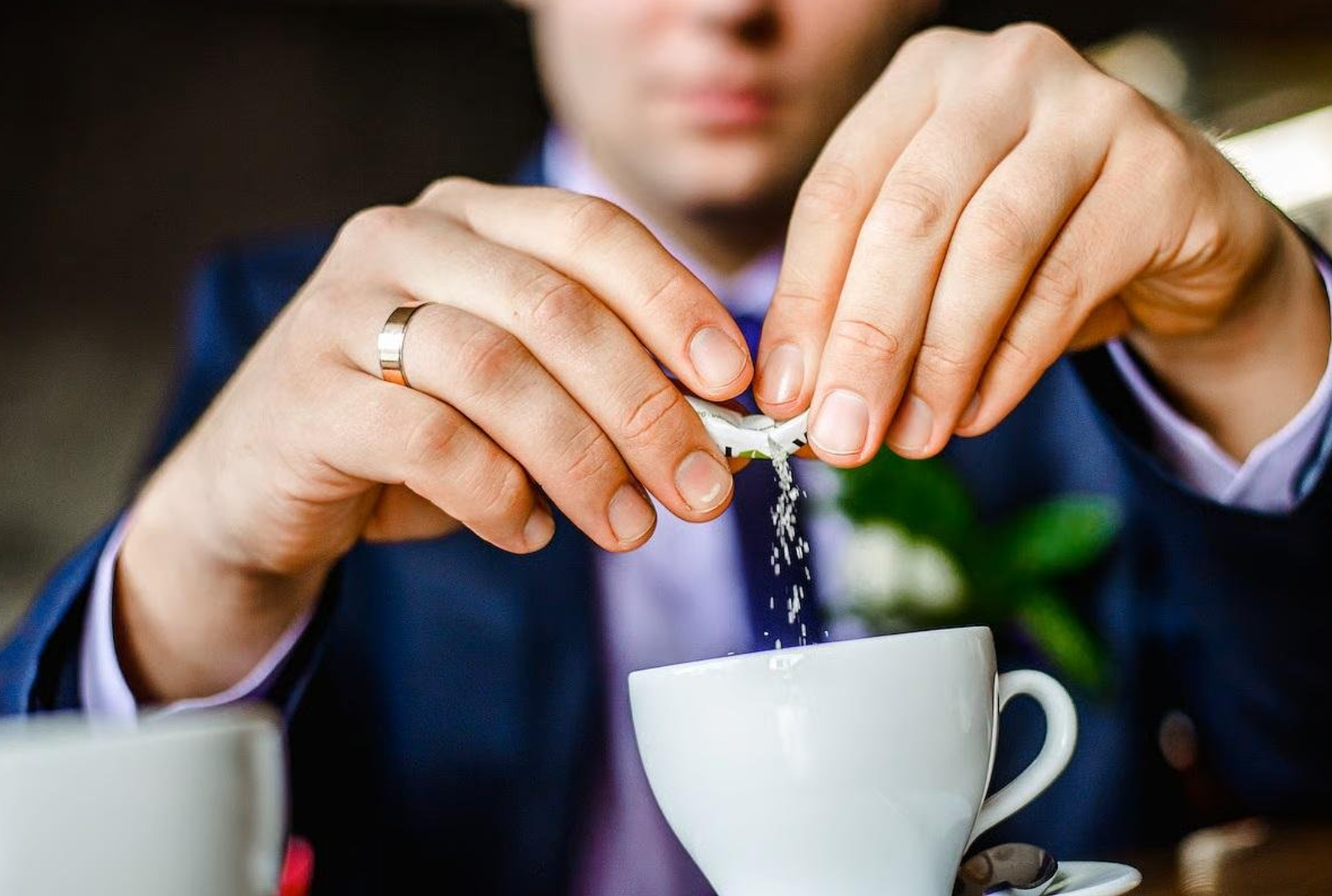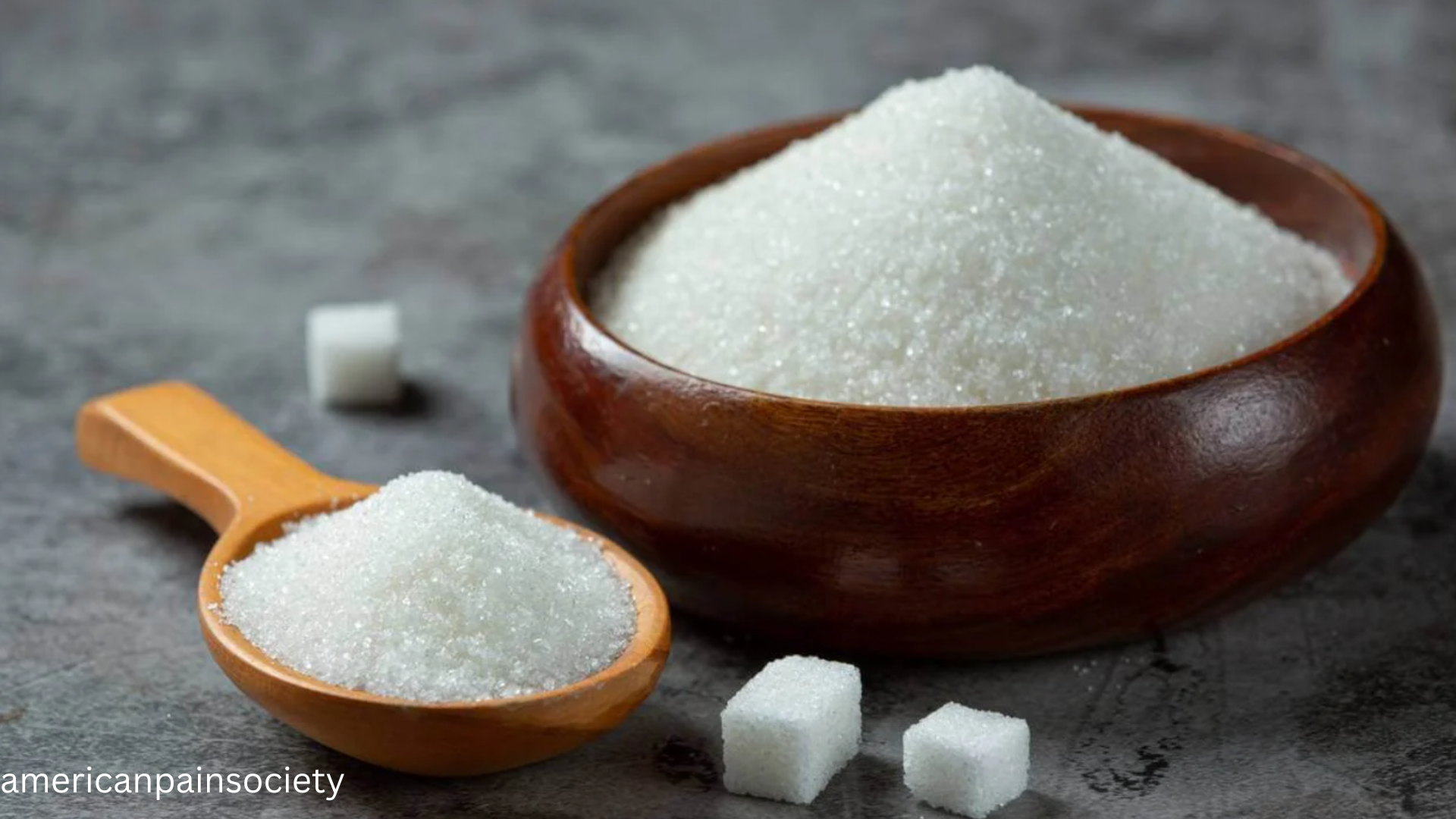Introduction
Immunotherapy is the most important treatment for cancer-like catastrophes. Sucralose is the artificial sweetener used as an alternative to natural or refined sugar. Sucralose is the common ingredient in low-calorie delicacies, diet drinks, and supplements. Experts are exploring the effects of such sucralose on cancer treatments.
Some research raises concerns about the connection between Sucralose and Immunotherapy effectiveness. This blog will provide a complete detail on how this sugar substitute can hinder the response of the immune system in cancer patients.
What is sucralose?
Sucralose is a substitute for sugar that contains zero calories, unlike sugar. It is 600 times sweeter than sugar and has a higher glycemic index. There are a variety of brands that sell sucralose in the market. It is commonly used in:
- Low-calorie snacks
- Diet drinks
- Chewing gums
- Sugar-free desserts
- Protein supplements
The use of artificial sweeteners is FDA-approved, but there are studies that show the probability of immune modulation during cancer treatments.
Understanding Immunotherapy:
Immunotherapy is a common treatment for cancer patients that helps enable the immune system to detect and destroy cancer cells. Some common forms are:
- Monoclonal antibodies
- Checkpoint inhibitors
- Cytokine therapy
- CAR T-cell therapy
All of these treatments are meant to work on immune cells, especially on active T-cells. A poor immune system can have a huge impact on cancer therapies, so it is essential to take preventive measures that affect immunity.
Sucralose and Immune System Response:
While immune therapy boosts immunity, some studies claim that sucralose reduces the immune function. The sugar substitute affects the activation of T-cells, which hinders immunotherapy used in cancer treatments. In 2023, a study published in Nature found that mice fed with higher levels of sucralose ultimately experienced lower response to T-cells. With reduced T-cells, the immune defense against tumors is also reduced in mice.
Key concerns:
- Lowered production of T-cells
- Decreased immune defense system
- Reduced immune checkpoint response
These concerns can be a nightmare for immunotherapy, as they can affect the process of detection and elimination of cancer cells.
Sucralose and Immune Modulation
The changes in immune responses are known as immune modulation. In some conditions, it appears that sucralose can suppress the immune system. It may hinder gene expression in immune cells, causing harm to their effectiveness.
Studies claim that sucralose affects:
- Metabolism and response of immune cells
- Gene expression related to immune tolerance and inflammation
- Cytokine signaling, reducing immune communication
Such factors can weaken the immune system, followed by a bad impact on the cancer treatments.
Sucralose immunotherapy research
According to the studies mentioned above, sucralose affects the immune checkpoint inhibitors. An immune checkpoint inhibitor is a form of immunotherapy that works by activating T-cells for rigorous destruction of cancer cells.
Research findings:
- Mice with cancer were given sucralose, which caused reduced activation of T-cells.
- The mice also reacted oppositely to the checkpoint inhibitor therapy.
- Excessive sucralose reduced the ability of the immune system to fight cancer cells.
Sucralose impact on immune Cells:
Apart from reducing the immune sensitivity, sucralose also affects the immune cells that eliminate tumor cells. Some of the immune cells are:
- Helper T-cells – coordinate attacks on immunity
- CD8+ T-cells – cells that target the tumor
- Dendritic cells – essential for antigen presentation
Poor immune cell coordination leads to decreased ability to tackle cancer, followed by less effective immunotherapy.
Sucralose side effects during immunotherapy
There is no such claim of any issue with consuming sucralose occasionally. But cancer patients undergoing immunotherapy may have higher chances of encountering side effects due to sucralose intake.
Potential concerns:
- Affects the treatment of cancer
- Poor immune response
- Impacts immune signaling by affecting gut microbes
- Inflammatory imbalances that harm immune control
A mild change in the diet can affect the connection between Sucralose and Immunotherapy, making it difficult to treat cancer.
Sucralose and cancer treatment effectiveness
As per the research, sucralose can disrupt the gut flora and cytokine signaling. Eventually, it is stated that artificial sweeteners can decrease the activation of T-cells, causing difficulty in cancer treatments. It can even alter the expression of a gene in an immune cell that disrupts immunotherapy. Hence, it states that the cancer therapies can massively fail due to the sucralose consumption.

Should you avoid sucralose during immunotherapy?
Cancer patients can have sucralose in moderate amounts, as there is no official ban on sucralose yet. But experts suggest consuming in moderation, especially if the person is on immunotherapy.
Recommendations:
- Adapt alternatives like monk-fruit, raw honey, or stevia in moderation
- Consume limited diet food or drinks containing sucralose
- Better to have a recommendation from an immunologist or oncologist
Healthier sweetener alternatives:
To avoid the harmful effects of sucralose on immunotherapy, consider:
- Erythritol – does not affect the immune system
- Stevia – it is a natural sweetener that does not disrupt immunotherapy
- Monk fruit – promotes gut health and is high in antioxidants
These substitutes are highly recommended as they do not cause any concern about sucralose on immune modulation.
Final thoughts:
Immunotherapy is the cornerstone of cancer treatment, so it is necessary to consider that no diet or lifestyle affects its process. As research claims the impact of sucralose on the immune system, it is better to check the connection between Sucralose and Immunotherapy. Studies claim sucralose alters T-cell activation and immune signaling, causing failure of immunotherapy and cancer treatment.
While more evidences are required, it is better to limit the sucralose consumption, especially if you are under immunotherapy. It is essential to have a healthy diet and consult a health expert before changing your food choices during cancer treatments.
Frequently Asked Questions (FAQs)
- Can Sucralose and Immunotherapy be ineffective altogether?
- Yes, sucralose reduces the effectiveness of the immunotherapy by targeting active T-cells and suppresses its effectiveness. It causes difficulty in cancer treatments by reducing the ability to destroy tumor cells.
- Does sucralose affect immune response?
- Sucralose may cause immune signaling and immune modulation, disrupting cell activation, followed by a poor immune system.
- Can a cancer patient have sucralose during immunotherapy?
- To obtain a better response from immunotherapy, it is advised to consume sucralose in moderate quantities.
- How does sucralose affect immune cells?
- It impacts cytokine signaling and active cells, which are essential to eliminate tumor cells through immunotherapy.
- Are there any alternatives to sucralose for patients under immunotherapy?
- Monk fruit, stevia, and erythritol are safer substitutes to artificial sweeteners that do not harm immune cells and their performance.

